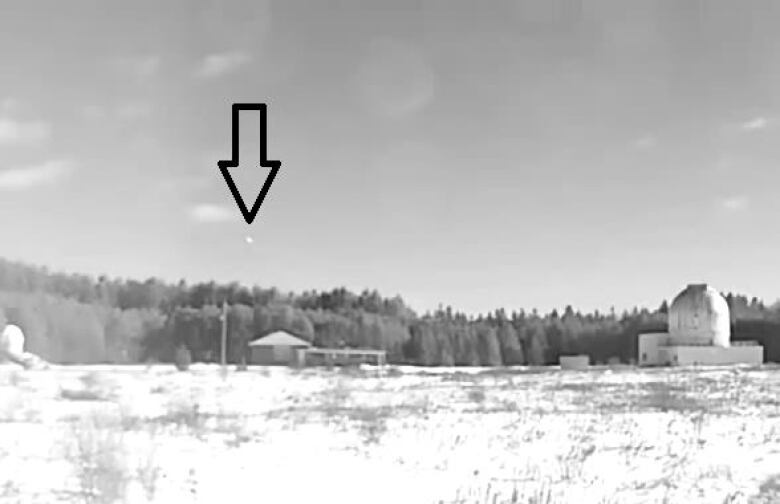Daytime fireball thrills witnesses from Ontario to Virginia
[ad_1]
A noon-time boom that was heard and felt from southern Ontario to Virginia on Wednesday was likely caused by a disintegrating meteor, according to an organization in western New York that keeps track of such phenomena.
Witnesses across the area reported hearing the boom or seeing a fireball in the sky shortly after noon on Wednesday, said Robert Lunsford of the American Meteor Society in Geneseo, N.Y. By 5 p.m., the organization had recorded 90 reports of the fireball seen in Maryland, Michigan, New York, Ontario, Pennsylvania and Virginia.
Police agencies and fire departments around central New York received 911 calls reporting a boom that shook windows, but clouds prevented sightings in much of the area. Since most reports of the boom were around Syracuse, that’s likely where the meteor blew to bits, Lunsford said.
On the society’s website, an observer in western New York reported the fireball was bright white with shades of yellow. An observer in Hagerstown, Md., reported a fireball with red and orange sparks, smoke and a persistent train. A report from Welland, Ont., described a long, bright-green train.

“Sunny day, so it looked like a gold metallic flash against the blue sky,” said a report from Winchester, Va.
“Astonishing, amazing, still get goosebumps talking about it,” wrote an observer in Port Dover, Ont. “The train was flaming white, wide and long, no smoke.”
“We tend to notice fireballs more at night because they stand out better, but it’s not terribly unusual for very bright ones to be noticed during the day. It happens several times a year over populated areas,” said Margaret Campbell-Brown, a member of the Meteor Physics Group at Western University in London, Ont., via email.
All fireballs, which are bright meteors, produce sound waves that are sometimes detectable only by sensitive microphones, Campbell-Brown said.
A large one may produce a thunder-like sonic boom with possible extra bangs from fragmentation, she said.
[ad_2]
SOURCE NEWS
